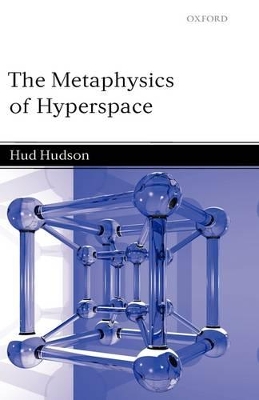Hud Hudson offers a fascinating examination of philosophical reasons to believe in hyperspace. He begins with some stage-setting discussions, offering his analysis of the term 'material object', noting his adherence to substantivalism, confessing his sympathies regarding principles of composition and decomposition, identifying his views on material simples, material gunk, and the persistence of material objects, and preparing the reader for later discussions with
introductory remarks on eternalism, modality and recombination, vagueness, bruteness, and the epistemic role of intuitions. The subsequent chapters are loosely organized around the theme of hyperspace. Hudson explores nontheistic reasons to believe in hyperspace in chapter 1 (e.g. reasons arising from
reflection on incongruent counterparts and fine-tuning arguments), theistic reasons in chapter 7 (e.g. reasons arising from reflection on theistic puzzles known as the problem of the best and the problem of evil), and some distinctively Christian reasons in chapter 8 (e.g. reasons arising from reflection on traditional Christian themes such as heaven and hell, the Garden of Eden, angels and demons, and new testament miracles). In the intervening chapters, Hudson inquires into a variety of
puzzles in the metaphysics of material objects that are either generated by the hypothesis of hyperspace, focusing on the topics of mirror determinism and mirror incompatibilism, or else informed by the hypothesis of hyperspace, with discussions of receptacles, boundaries, contact, occupation, and
superluminal motion.
Anyone engaged with contemporary metaphysics will find much to stimulate them here.
- ISBN10 0199282579
- ISBN13 9780199282579
- Publish Date 24 November 2005
- Publish Status Active
- Publish Country GB
- Publisher Oxford University Press
- Imprint Clarendon Press
- Format Hardcover
- Pages 236
- Language English
